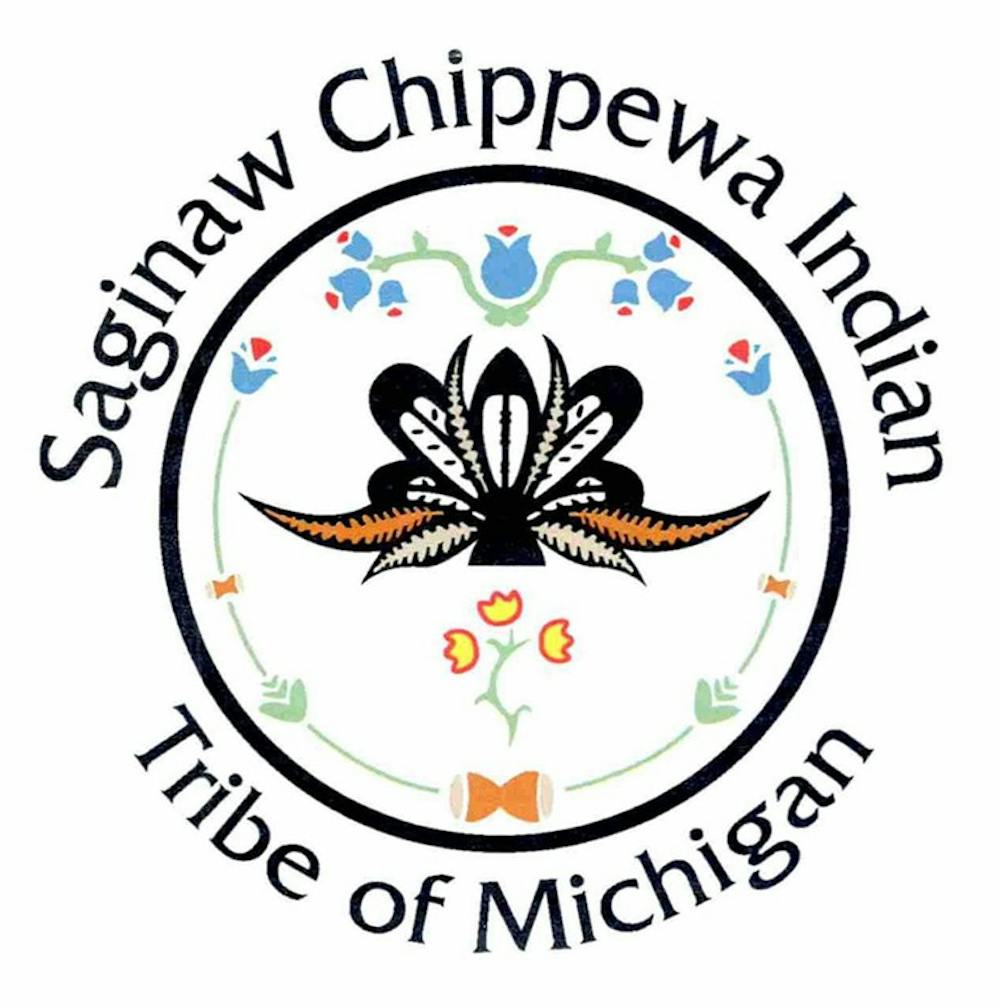White House conference addresses violence against Native Americans
Vice President Joe Biden addressed domestic violence on Wednesday at this year’s White House Tribal Nations Conference, where all 566 federally recognized tribes were invited to have a representative.
According to the United States Department of Justice, one out every three Native American women reports being raped in her lifetime, while the Center for Disease Control and Prevention reports that one in five women report being raped in American as a whole.
“It’s just been passed on and almost normalized,” said Brooke Huber, a sexual response team lead at Nami Migizi Nangwiihgan Domestic Violence, Domestic Assault and Stalking Services on the Isabella Indian Reservation. “It’s seen as more acceptable to abuse Native American women, which is of course not true.”
Huber said the intensified abuse culture surrounding Native American women began when children were systematically taken from their tribes and entered into boarding schools across the country. The idea that Native Americans are “the lesser” was solidified with that act and has continued ever since, she said.
Until the Tribal Law and Order Act was signed in 2010, tribal law enforcement had more difficulties addressing cases of domestic and sexual assault if they were committed by non-tribal people. The act broadens the jurisdiction of tribal law enforcement with prevention of domestic and sexual violence in mind.
The sixth annual conference is designed to give Native American tribal representatives the chance to interact more closely with the federal government while discussing this and other areas of concern such as education reform, natural and cultural resources, economic development and the preservation of treaties and trust.
Frank Cloutier, public relations director for the Saginaw Chippewa Indian Tribe, said the inability to reprimand non-native persecutors allowed violence against women in Native American tribes to soar.
“Violence against Native American women became very prevalent,” Cloutier said. “The Saginaw Chippewa Indian Tribe has taken a lead in the effort to change that reality. There’s some very, very good work that’s been done though our lobbyists and through our tribal council.”
Nami Migizi Nangwiihgan is part of that effort to change and provides counseling services, case management and support groups for those targeted by domestic abuse, sexual assault or stalking.
Huber said that while the community’s use of the services remains constant, certain times of year, like holidays, can cause a “tension building cycle” which results in higher numbers of women utilizing the services.
“We see a lot of trends, but for the most part it’s pretty steady except for after the holidays,” she said. “We see a huge jump in numbers in early January.”
Huber said that even with programs like Nami Migizi Nangwiihgan and updated law enforcement, the issue of sexual violence against Native Americans is not resolving.
“It needs to be in the forefront in people’s minds,’ she said. “It’s going to take everyone to address it before changes are going to be made.”
Cloutier said the Saginaw Chippewa Indian Tribe did not send a direct representative to this year's conference due to a priority issue but will be represented by a consulting firm in the conference meetings. Cloutier said the Tribe has sent representatives to the conference in the past.




